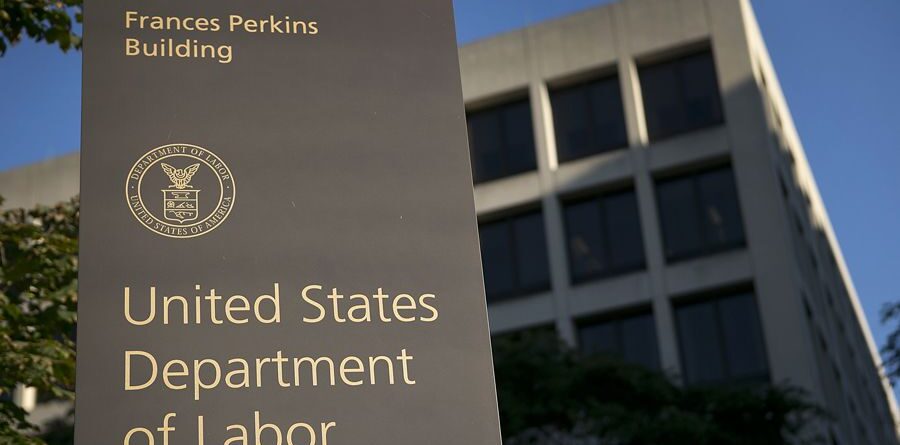US. DOL took thumb ‘off the scale’ in finalizing new ESG rule, official says
Despite mischaracterizations and political backlash, the Department of Labor’s new rule permitting retirement plan fiduciaries to consider environmental, social and governance factors when selecting investments and exercising shareholder rights does not tip the balance in favor of ESG, a key department official said Tuesday.
“The final rule that we put out, notwithstanding what you may have heard, doesn’t require consideration of ESG, it doesn’t mandate that every investment have an ESG score attached to it, it doesn’t mandate that if ESG factors point one way but other financial indicators point another way you have to go with the ESG thing even if it’s detrimental to the financial performance,” said Ali Khawar, principal deputy assistant secretary of the Labor Department’s Employee Benefits Security Administration.
The rule — Prudence and Loyalty in Selecting Plan Investments and Exercising Shareholder Rights — which took effect Jan. 30, is neutral with respect to ESG, Mr. Khawar said at the Defined Contribution Institutional Investment Association and SPARK Institute’s public policy forum in Washington. The rule is a reversal of two rules promulgated late in the Trump administration that said retirement plan fiduciaries could not invest in “non-pecuniary” vehicles that sacrifice investment returns or take on additional risk and outlined a process a fiduciary must undertake when making decisions about casting a proxy vote.
Mr. Khawar said the Trump-era rules caused a “chilling effect” for considering ESG factors.
“A lot of people were telling us that the Trump administration put their thumb on one side of the scale,” Mr. Khawar said. “Our solution was not then to put a thumb on the other side of the scale, but instead to take our finger off the scale entirely. It is up to the investment decision maker to decide what is appropriate in any given circumstance.”
ESG factors should be treated the same as any other factors when making an investment decision, Mr. Khawar said. “The questions you would ask, the rigor you would put into it, the way you would document it, it’s no different for ESG than it is anything else,” he told the audience. “And part of what we’re trying to demystify in the rule-making and on all of the work we’ve done on this issue is to maybe help people to stop thinking about ESG as this other thing.”
As a whole, ESG has become more politicized since the Labor Department first proposed the rule in October 2021, Mr. Khawar said, adding that more people now have an opinion about ESG although may not know what it actually is.
“That’s why the education piece is so important because there’s an element of talking past each other,” Mr. Khawar told Pensions & Investments after the session concluded. “It’s like everyone has an opinion — ‘ESG is bad’ or ‘ESG is good’ or ESG is one thing or the other — and that’s just not reality.”
The rule has faced heavy pushback from Republican state officials and members of Congress this year.
In January, Republican attorneys general from 25 states filed a lawsuit in U.S. District Court in Amarillo, Texas, arguing that the Labor Department’s rule undermines key protections for retirement savers, oversteps the department’s authority under the Employment Retirement Income Security Act and is arbitrary and capricious.
The Department of Justice, which is representing the Labor Department in the lawsuit, filed a brief on June 2 stating that the rule is the “product of reasoned decision making.”
Mr. Khawar said the rule was “appropriately promulgated” and feels “optimistic about our likelihood of success,” in the case.
Read more @pionline











